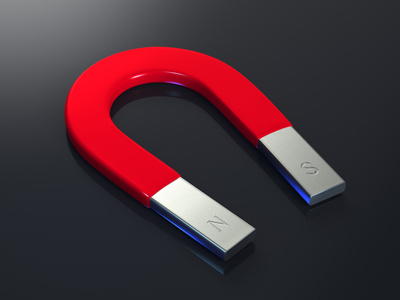
Magnets
This Science quiz is called 'Magnets' and it has been written by teachers to help you if you are studying the subject at elementary school. Playing educational quizzes is an enjoyable way to learn if you are in the 3rd, 4th or 5th grade - aged 8 to 11.
It costs only $12.50 per month to play this quiz and over 3,500 others that help you with your school work. You can subscribe on the page at Join Us
Magnets and lodestones both have magnetic fields. Who doesn't love playing with magnets? Magnets are fascinating and useful too. We can use them to make toys or to hold notes to surfaces. Magnets are also used in many scientific machines. Did you know that, because of its magnetic field, the Earth itself is a huge magnet? This magnetic field causes interesting phenomena, such as the Northern and Southern lights.
Ready for more?
not all...
quizzers. Try to win a coveted spot on our Hall of Fame Page.







